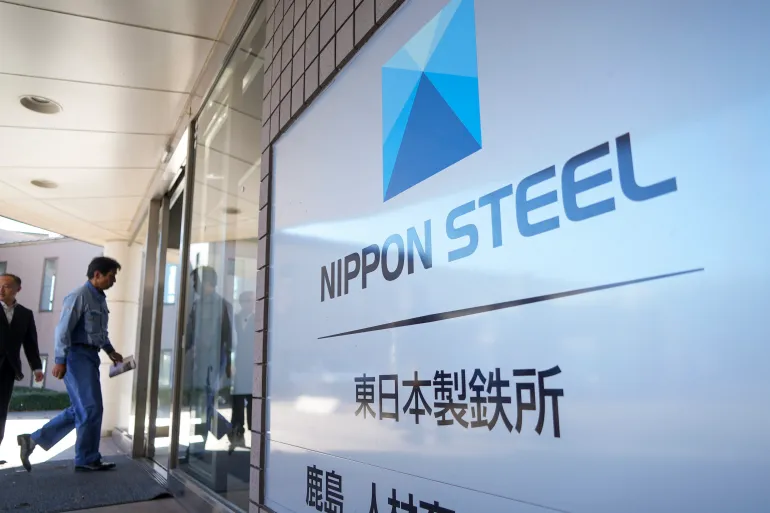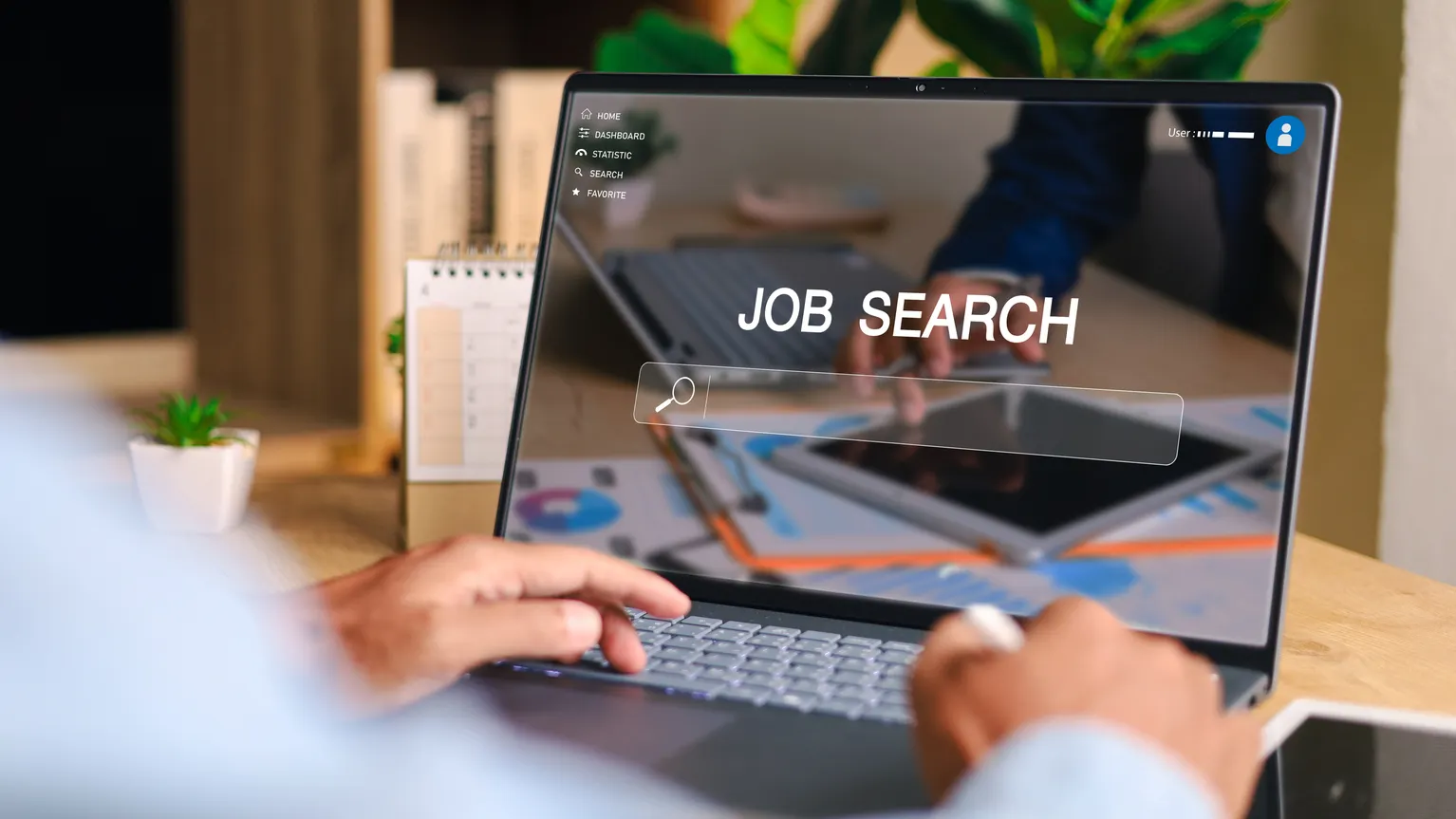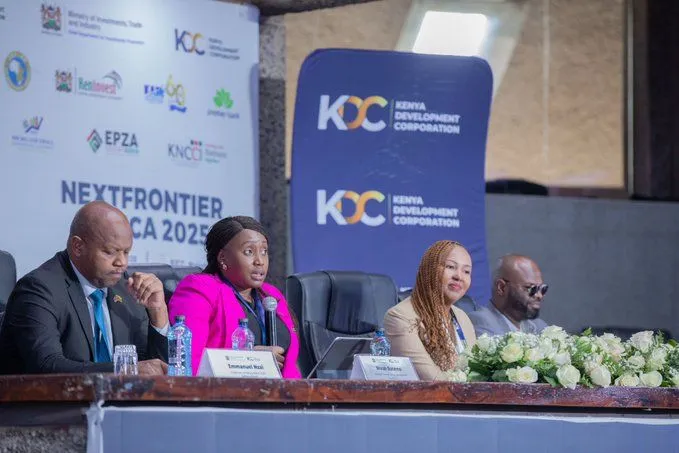Nippon Steel and U.S. Steel have filed a federal lawsuit against President Joe Biden’s administration, challenging its decision to block their $14.9 billion merger on national security grounds. The companies claim the move was politically motivated and that the government improperly influenced the regulatory process to secure political favor in a key swing state.
In a case that could have far-reaching implications for corporate mergers involving foreign entities, the steelmakers are seeking a federal appeals court ruling to overturn the Biden administration’s decision. They also demand a fresh review of the proposed merger by the Committee on Foreign Investment in the United States (CFIUS), alleging the original process was biased.
The companies’ lawsuit accuses the Biden administration of engaging in a “sham” national security review, using the CFIUS process as a political tool rather than conducting an objective assessment.
A Deal Steeped in Controversy
The proposed merger between Nippon Steel, Japan’s largest steelmaker, and U.S. Steel, a historic American company founded in 1901, faced immediate resistance. Both President Biden and former President Donald Trump voiced strong opposition, arguing that U.S. Steel should remain under American ownership to safeguard national security.
Despite assurances from Nippon Steel to relocate its U.S. headquarters to Pittsburgh, Pennsylvania—where U.S. Steel is headquartered—and honor all agreements with the United Steelworkers union (USW), the administration refused to approve the deal.
The lawsuit claims Biden’s motivations were political, aimed at securing the support of the USW leadership in Pennsylvania ahead of the 2024 presidential election. Pennsylvania, a crucial swing state, has long been a battleground for political campaigns due to its significant electoral votes and industrial legacy.
The USW, led by President David McCall, opposed the merger, citing concerns over job security and domestic control of the steel industry. Biden’s decision to block the deal aligned with the union’s stance, leading to allegations that the administration prioritized political gains over a fair regulatory process.
“As a result of President Biden’s undue influence to advance his political agenda, the Committee on Foreign Investment in the United States failed to conduct a good faith, national security-focused regulatory review process,” the companies said in their lawsuit.
CFIUS Under Scrutiny
At the heart of the dispute is CFIUS, an interagency committee tasked with reviewing foreign investments to ensure they do not pose risks to U.S. national security. Typically, CFIUS reviews result in either approval or a recommendation to block a deal. However, in rare cases, the decision is referred to the president, as it was in this instance.
The companies argue that the CFIUS process in their case was flawed and lacked transparency. They allege that CFIUS staff were prevented from negotiating with the companies to address national security concerns, marking a departure from standard practices.
Nippon Steel’s Vice Chair Takahiro Mori criticized the process, stating that his company received no written feedback on the proposed national security agreement. “The review lacked integrity and fairness. We cannot back down after being treated unreasonably,” Mori said.
A Legal Battle on Multiple Fronts
In addition to suing the Biden administration, Nippon Steel and U.S. Steel have filed a separate lawsuit targeting Cleveland-Cliffs, its CEO Lourenco Goncalves, and USW President McCall. The companies allege that Cleveland-Cliffs colluded with McCall to block the merger, aiming to monopolize the U.S. steel market.
The lawsuit cites nine calls allegedly made by Goncalves to investors, during which he assured them that the Biden administration would kill the Nippon Steel–U.S. Steel deal. This, according to the plaintiffs, was part of a coordinated effort to undermine competition and ensure Cleveland-Cliffs’ dominance in the industry.
Cleveland-Cliffs and Goncalves have denied the allegations. “Nippon Steel and U.S. Steel continue to play the blame game in a desperate attempt to distract from their own failures,” Goncalves said in a statement. “These lawsuits represent a shameless effort to scapegoat others for their self-inflicted disaster.”
McCall, too, dismissed the claims, vowing that the USW would “vigorously defend against these baseless allegations.”
The Broader Implications
The legal battle comes at a critical time for the global steel industry. U.S. Steel, once a pillar of American industrial strength, has struggled in recent years with declining revenues and profits, making it an attractive acquisition target.
The company, founded by industrial magnates Andrew Carnegie and J.P. Morgan, has played a pivotal role in U.S. economic history, from its contributions during the Great Depression to its support of wartime manufacturing during World War II. However, the rise of global competition and shifts in the steel market have left it vulnerable.
Nippon Steel’s interest in acquiring U.S. Steel reflects broader trends in globalization and industrial consolidation. For the Japanese company, the deal represented a strategic opportunity to expand its footprint in the lucrative U.S. market while reinforcing its position as a global leader in steel production.
Election-Year Politics and the Steel Industry
The timing of the Biden administration’s decision has drawn criticism from both sides of the political spectrum. With the 2024 presidential election looming, both Biden and Trump used the proposed merger to underscore their commitments to American manufacturing and job preservation.
Trump, who ultimately lost the 2024 election to Vice President Kamala Harris, argued that selling U.S. Steel would weaken the domestic steel industry. “Why would they want to sell U.S. Steel now when tariffs will make it a much more profitable and valuable company?” Trump wrote on his social media platform.
Biden’s opposition to the deal became a rallying point for his campaign, but it also fueled accusations that his administration’s decision-making was driven more by political expediency than genuine national security concerns.
Vice President Harris, who replaced Biden on the Democratic ticket, also opposed the deal, further aligning with the USW and solidifying union support.
Challenges in Court
Overturning a presidential decision on national security grounds is exceedingly rare. Courts typically grant CFIUS broad discretion to define and interpret what constitutes a national security risk, making the companies’ legal challenge an uphill battle.
Legal experts suggest that the case could set a precedent for how foreign investments are reviewed and could reshape the boundaries of CFIUS authority.
“This case isn’t just about steel—it’s about the future of foreign investment in the United States and the balance between economic interests and national security,” said a Washington-based trade attorney familiar with CFIUS proceedings.
What’s Next?
As the lawsuits unfold, the stakes are high for all parties involved. For Nippon Steel and U.S. Steel, a favorable ruling could open the door to reviving their merger ambitions and reshaping the U.S. steel industry. For the Biden administration, the case represents a critical test of its national security policies and its ability to defend them in court.
For now, the future of U.S. Steel remains in limbo, and the legal battles underscore the complex interplay of politics, economics, and national security in today’s globalized world.
Ready to take your career to the next level? Join our dynamic courses: ACCA, HESI A2, ATI TEAS 7 , HESI EXIT , NCLEX – RN and NCLEX – PN!🌟 Dive into a world of opportunities and empower yourself for success. Explore more at Serrari Ed and start your exciting journey today! ✨
photo source: Google
By: Montel Kamau
Serrari Financial Analyst
8th January, 2024
Article, Financial and News Disclaimer
The Value of a Financial Advisor
While this article offers valuable insights, it is essential to recognize that personal finance can be highly complex and unique to each individual. A financial advisor provides professional expertise and personalized guidance to help you make well-informed decisions tailored to your specific circumstances and goals.
Beyond offering knowledge, a financial advisor serves as a trusted partner to help you stay disciplined, avoid common pitfalls, and remain focused on your long-term objectives. Their perspective and experience can complement your own efforts, enhancing your financial well-being and ensuring a more confident approach to managing your finances.
Disclaimer: This article is for informational purposes only and does not constitute financial advice. Readers are encouraged to consult a licensed financial advisor to obtain guidance specific to their financial situation.
Article and News Disclaimer
The information provided on www.serrarigroup.com is for general informational purposes only. While we strive to keep the information up to date and accurate, we make no representations or warranties of any kind, express or implied, about the completeness, accuracy, reliability, suitability, or availability with respect to the website or the information, products, services, or related graphics contained on the website for any purpose. Any reliance you place on such information is therefore strictly at your own risk.
www.serrarigroup.com is not responsible for any errors or omissions, or for the results obtained from the use of this information. All information on the website is provided on an as-is basis, with no guarantee of completeness, accuracy, timeliness, or of the results obtained from the use of this information, and without warranty of any kind, express or implied, including but not limited to warranties of performance, merchantability, and fitness for a particular purpose.
In no event will www.serrarigroup.com be liable to you or anyone else for any decision made or action taken in reliance on the information provided on the website or for any consequential, special, or similar damages, even if advised of the possibility of such damages.
The articles, news, and information presented on www.serrarigroup.com reflect the opinions of the respective authors and contributors and do not necessarily represent the views of the website or its management. Any views or opinions expressed are solely those of the individual authors and do not represent the website's views or opinions as a whole.
The content on www.serrarigroup.com may include links to external websites, which are provided for convenience and informational purposes only. We have no control over the nature, content, and availability of those sites. The inclusion of any links does not necessarily imply a recommendation or endorsement of the views expressed within them.
Every effort is made to keep the website up and running smoothly. However, www.serrarigroup.com takes no responsibility for, and will not be liable for, the website being temporarily unavailable due to technical issues beyond our control.
Please note that laws, regulations, and information can change rapidly, and we advise you to conduct further research and seek professional advice when necessary.
By using www.serrarigroup.com, you agree to this disclaimer and its terms. If you do not agree with this disclaimer, please do not use the website.
www.serrarigroup.com, reserves the right to update, modify, or remove any part of this disclaimer without prior notice. It is your responsibility to review this disclaimer periodically for changes.
Serrari Group 2025





